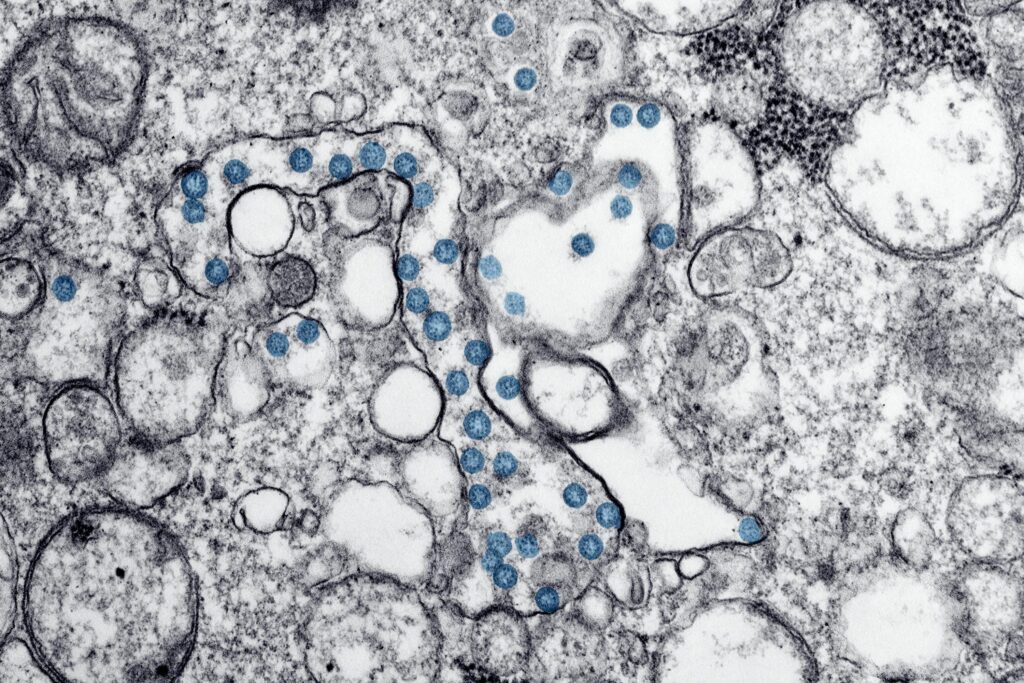
The human body is a complex ecosystem, a bustling metropolis teeming with trillions of microorganisms, collectively known as the microbiome. While these microscopic inhabitants were once viewed as mere commensals, or even as adversaries, groundbreaking research over the past two decades has revealed their profound influence on human health and disease. At the heart of this intricate ecosystem lies the gut microbiome, a diverse community of bacteria, fungi, viruses, and other microorganisms residing in the gastrointestinal tract. This complex community plays a crucial role in various physiological processes, from digestion and nutrient absorption to immune system development and even brain function. This essay will delve into the fascinating world of gut health and microbiome research, exploring the intricate relationship between the gut microbiome and human health, the factors that influence its composition, its role in various diseases, and the potential therapeutic applications arising from this rapidly evolving field.
The Gut Microbiome: A Symphony of Microbes:
The gut microbiome is not merely a collection of microorganisms; it is a dynamic and complex ecosystem, a carefully orchestrated community where different species interact with each other and with the host. The composition of the gut microbiome varies significantly between individuals and is influenced by a multitude of factors, including genetics, diet, lifestyle, environment, and antibiotic use. While the exact composition of a “healthy” gut microbiome is still being investigated, certain characteristics are generally associated with well-being, such as high microbial diversity, a balance between beneficial and potentially harmful bacteria, and the presence of specific keystone species that play critical roles in maintaining the ecosystem’s stability.
Functions of the Gut Microbiome: Beyond Digestion:
The gut microbiome plays a vital role in several essential physiological processes:
Digestion and Nutrient Absorption: The gut microbiome aids in the digestion of complex carbohydrates, such as fiber, that the human body cannot break down on its own. It also produces essential vitamins, such as vitamin K and some B vitamins, and facilitates the absorption of minerals. Immune System Development and Regulation: Early exposure to diverse microbial communities is crucial for the development and maturation of the immune system. The gut microbiome helps train the immune system to distinguish between harmless and harmful substances, preventing autoimmune reactions and allergies. It also produces antimicrobial substances that help protect against pathogenic bacteria. Gut Barrier Function: The gut microbiome plays a crucial role in maintaining the integrity of the gut barrier, a single layer of cells that separates the gut contents from the bloodstream. A healthy gut barrier prevents the leakage of harmful substances into the circulation, reducing inflammation and the risk of various diseases. Metabolic Regulation: The gut microbiome influences host metabolism by producing short-chain fatty acids (SCFAs), such as acetate, propionate, and butyrate, which are derived from the fermentation of dietary fiber. SCFAs have numerous beneficial effects, including providing energy for colonocytes, regulating glucose metabolism, and influencing appetite. Neurological Function: The gut microbiome communicates with the brain through the gut-brain axis, a complex network of neural, hormonal, and immunological pathways. The gut microbiome can influence brain function, behavior, and even mood through the production of neurotransmitters and other signaling molecules.
The Gut Microbiome and Disease: A Two-Way Street:
Disturbances in the composition and function of the gut microbiome, known as dysbiosis, have been linked to a wide range of diseases, both within and outside the gut:
Gastrointestinal Disorders: Dysbiosis has been implicated in inflammatory bowel disease (IBD), irritable bowel syndrome (IBS), and other gastrointestinal disorders. Changes in the gut microbiome can disrupt the gut barrier, leading to inflammation and increased permeability, contributing to the pathogenesis of these conditions. Metabolic Disorders: Dysbiosis has been associated with obesity, type 2 diabetes, and non-alcoholic fatty liver disease. Alterations in the gut microbiome can affect energy metabolism, insulin sensitivity, and inflammation, contributing to the development of these metabolic disorders. Immune-Mediated Diseases: Dysbiosis has been linked to autoimmune diseases, such as rheumatoid arthritis, multiple sclerosis, and type 1 diabetes. The gut microbiome’s role in immune system development and regulation suggests that imbalances in its composition can contribute to the development of these autoimmune conditions. Neurological Disorders: Emerging evidence suggests a link between the gut microbiome and neurological disorders, such as Alzheimer’s disease, Parkinson’s disease, and autism spectrum disorder. The gut-brain axis provides a pathway for communication between the gut and the brain, and changes in the gut microbiome may influence brain function and contribute to the development of these neurological conditions. Mental Health Disorders: The gut microbiome has also been implicated in mental health disorders, such as anxiety and depression. The gut-brain axis plays a crucial role in regulating mood and behavior, and alterations in the gut microbiome may influence neurotransmitter production and contribute to these mental health conditions.
Factors Influencing Gut Microbiome Composition:
Several factors influence the composition and diversity of the gut microbiome:
- Diet: Diet is one of the most significant modulators of the gut microbiome. A diet rich in fiber promotes the growth of beneficial bacteria, while a diet high in processed foods and saturated fats can lead to dysbiosis.
- Environment: Exposure to diverse microbial environments, particularly in early life, is crucial for the development of a healthy gut microbiome.
- Genetics: Genetics plays a role in shaping an individual’s gut microbiome composition, although the environment and lifestyle factors have a greater influence.
- Antibiotics: Antibiotic use can significantly disrupt the gut microbiome, often leading to a decrease in microbial diversity and the overgrowth of opportunistic pathogens.
- Lifestyle: Lifestyle factors, such as exercise, stress levels, and sleep patterns, can also influence the gut microbiome.
Therapeutic Applications of Microbiome Research:
The growing understanding of the gut microbiome’s role in health and disease has opened up new avenues for therapeutic interventions:
Fecal Microbiota Transplantation (FMT): FMT involves transferring fecal material from a healthy donor to a recipient to restore a healthy gut microbiome. FMT has shown remarkable success in treating recurrent Clostridium difficile infection and is being investigated for its potential in treating other conditions, such as IBD and IBS. Probiotics: Probiotics are live microorganisms that, when administered in adequate amounts, confer health benefits. Probiotics can help restore balance to the gut microbiome and may be beneficial in treating certain gastrointestinal disorders. Prebiotics: Prebiotics are non-digestible food ingredients that promote the growth of beneficial bacteria in the gut. Prebiotics can help improve gut health and may have beneficial effects on immune function and metabolic health. Dietary Interventions: Dietary modifications, such as increasing fiber intake and reducing processed food consumption, can have a positive impact on the gut microbiome and overall health. Personalized Microbiome-Based Therapies: As our understanding of the gut microbiome grows, personalized microbiome-based therapies are becoming a reality. These therapies may involve tailoring probiotic or prebiotic interventions based on an individual’s unique microbiome profile.


